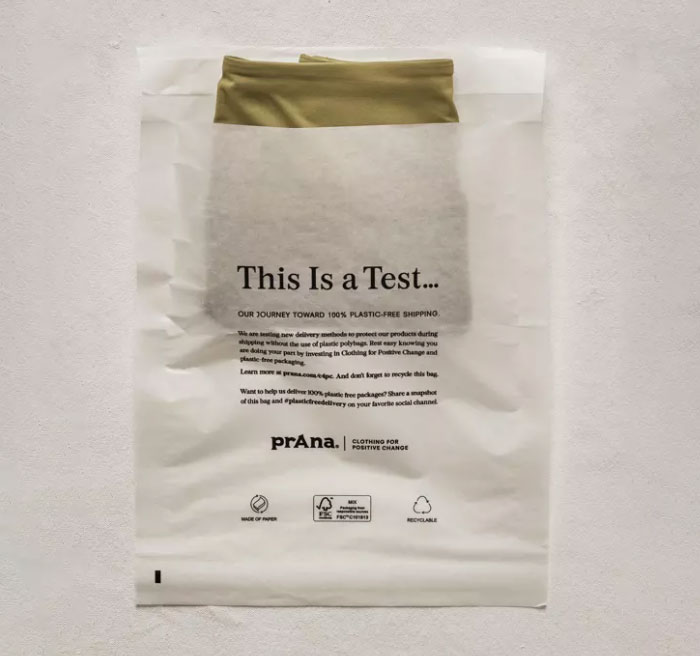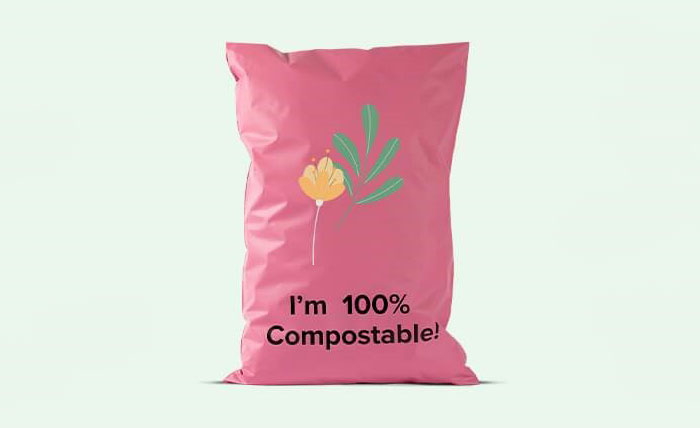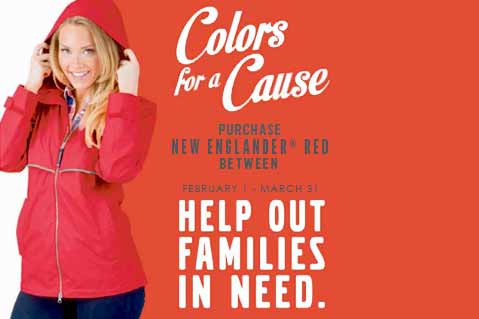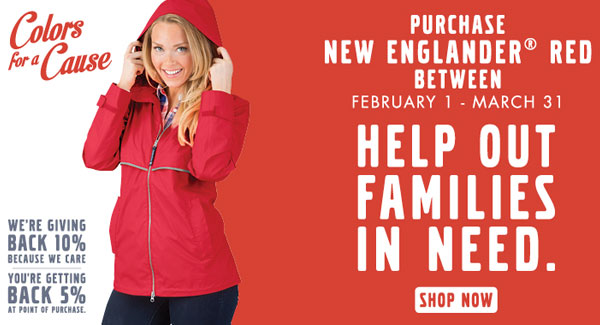Sustainability April 21, 2022
5 Case Studies in Reducing Packaging Waste
Get inspired by how these companies – in the promo industry and beyond – are making more sustainable choices.
Young-adult consumers are transforming the way brands think about their packaging. According to a 2021 Buying Green report from Trivium Packaging, 83% of consumers among younger generations showed a willingness to pay more for sustainable packaging – an additional 10% or more above the product’s price. Consumers under age 44 were 23% more likely to pay for sustainable packaging, the same report found, when compared to older generations.

Introducing Promo for the Planet
ASI Media has launched a new resource hub covering all things sustainability. Look for the Promo for the Planet logo on stories, or visit www.asicentral.com/promofortheplanet to stay up to date on all of our sustainability-related content, from case studies to in-depth features to infographics, videos, podcasts and more.
“The findings clearly show that the appeal of sustainable packaging is universal and that the majority of younger consumers are willing to pay more for packaging that they consider to be eco-friendly,” the report concludes. Promo firms can take note of these companies that have successfully reduced packaging waste:
1. Prana Goes Plastic-Free
Prana, an apparel company founded in California in 1992, says it has avoided the use of 20 million plastic poly bags since 2010, when it reimagined the way it packages and ship its clothing. The company uses roll packing, recyclable raffia ties, Vela paper bags and other sustainable methods to reduce plastic and paper waste. As of fall last year, 100% of its styles have plastic-free packaging. It also uses recyclable paper tape and 100% recycled paper labeling tags that are attached to the clothes with organic cotton string or cotton thread rather than plastic swift tacks. Accessories come in origami-style paper packaging that uses no plastic or metal fasteners.

Prana got rid of plastic packaging last year, switching to products like recycled paper mailers. (Photo courtesy of Prana)
2. Canary Marketing Focuses on Carbon Neutral
Canary Marketing (asi/156455), headquartered in San Ramon, CA, makes an effort to reduce the impact of the items it ships, according to partner Cadi Stephenson. The distributor is part of UPS’ Carbon Neutral Shipment program and purchases carbon credits from Proyecto Mirador to offset emissions from FedEx shipments. In addition, Canary notes on its website that it works to optimize packaging sizes, build relationships with suppliers around the world and choose the least carbon-intensive shipping methods when possible. Canary also uses eco-friendly packaging so it doesn’t contribute to landfills, according to Stephenson. Companies like EcoEnclose and Tishwish offer recyclable and compostable packing material. “We’re even getting down to compostable tape,” Stephenson says. “We’re trying to think at that level.”

Tishwish makes compostable packaging solutions that help companies like Canary Marketing reduce their environmental impact.
3. SanMar Loses the Polybag
Over the years, Top 40 supplier SanMar (asi/84863) has implemented several initiatives to reduce packaging and keep waste out of landfills, says Sustainability Manager Emily Gigot. The company has eliminated hangtags where possible and runs a packing program that batches shipments bound for the same destination, reducing the number of trucks picking up from its distribution centers daily. For applicable styles, it has also eliminated polybags, switched to master packs, or moved from individual to several garments per polybag on inbound shipments. “We have also reviewed styles to determined where other packaging like tissue could be removed,” Gigot adds. “In cases where we are unable to eliminate packaging, we aim to transition to recycled content.”
What Can You Do?
Try these three steps to help reduce packaging waste.
- Reuse old boxes, rather than buying new. Add a sticker to the side explaining the sustainability effort to educate the recipient about the repurposed packaging.
- Cut back on plastic. Consider alternatives to polybags, such as wrapping individual items in recycled packaging or tissue paper instead.
- Switch to earth-friendly alternatives. Companies like Eco Enclose offer everything from renewable hemp twine to recycled shipping labels and boxes.
4. Pact Organic Opts for Biodegradable
While online apparel retailer Pact still uses a plastic polybag, it says the current version is better than in years past, as it’s made of a blend of organic ingredients proven to biodegrade faster when put in the trash, not in recycling. “In the ideal conditions,” its website reads, “this product will biodegrade completely within a few years, as opposed to regular plastic, which can take hundreds to thousands of years.” Elsewhere in its shipping, Pact uses paper envelopes made from 100% post-consumer recycled paperboard and cardboard boxes made with 98% post-consumer recycled materials, both of which are 100% recyclable. Pact also partners with an eco-tech company that allows its shoppers to offset the carbon footprint of their shipments. This technology calculates the shipment’s distance, the carbon footprint created and the cost to offset that carbon locally, just like buying wind-energy credits.
5. Small Changes Add Up for URBN Brands
An umbrella group that owns brands such as Urban Outfitters, Free People and Anthropologie, URBN has extended sustainability efforts across the board that it says adds up to big impact. Free People shopping bags are made of 100% cotton, which is 100% biodegradable and reusable; Urban Outfitters has eliminated tissue wrap and gift boxes at retail points of sale and repurposes its plastic polybags. Anthropologie has transitioned to using tissue paper only in gift situations and in a reduced capacity – and the paper is made from 60% post-industrial fibers. “Small changes can lead to huge impacts,” its website reads, “with a 50% reduction in the size of a sheet of tissue, the brand is on track to reduce total usage by 80% for this year.” Additionally, the company’s gift boxes use 100% post-consumer recycled content.

Promo for the Planet is your destination for the latest news, biggest trends and best ideas to help build a more sustainable and socially-responsible industry.
Sponsored Content

5 Terms That Will Increase Your Performance Workwear Sales
When you present workwear, buyers want to hear how the apparel will perform on the...

Your Direct-to-Garment Printing Solution
Meet the RICOH Ri 3000 and Ri 6000, a brand-new line of printers that combine the...
SPONSORED BY:
AnaJet

Don’t Settle. Buy Better. Buy DRI DUCK.
Take an inside look at the details that define the quality, comfort and durability...
SPONSORED BY:
Dri Duck

Qmulative Discusses Fashion, Business and Next Level Apparel
New Deck eleven six two zero two five six


